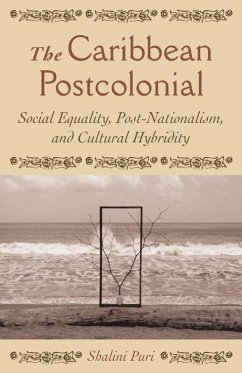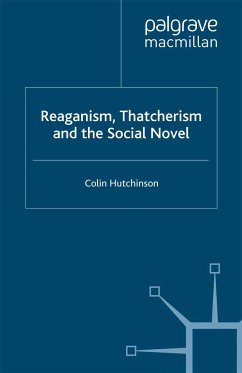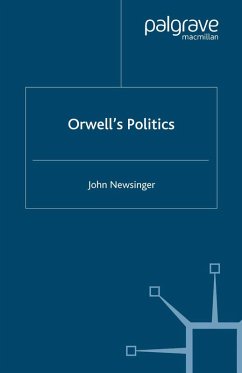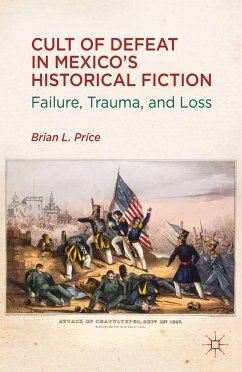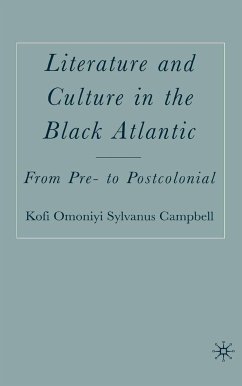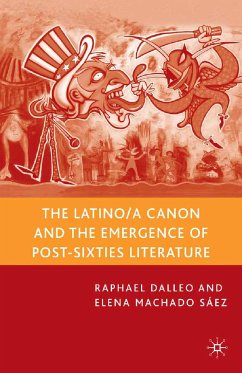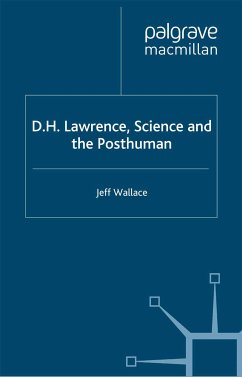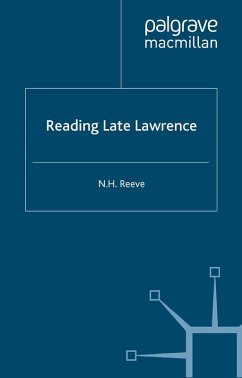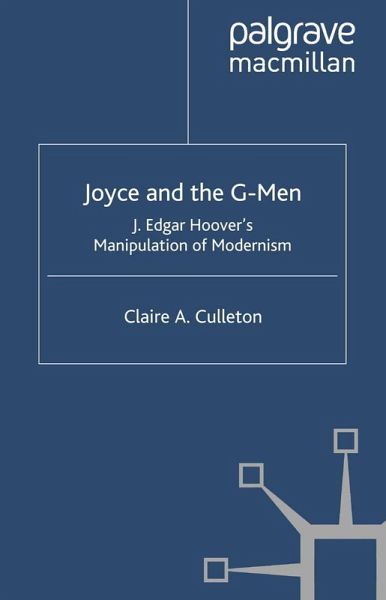
Joyce and the G-Men (eBook, PDF)
J. Edgar Hoover's Manipulation of Modernism
Versandkostenfrei!
Sofort per Download lieferbar
40,95 €
inkl. MwSt.
Weitere Ausgaben:

PAYBACK Punkte
20 °P sammeln!
Several years ago on a whim, Culleton requested James Joyce's FBI file. Hoover had Joyce under surveillance as a suspected Communist, and the chain of cross-references that Culleton followed from Joyce's file lead her to obscenity trials and, less obviously, to a plot to assassinate Irish labour leader James Larkin. Hoover devoted a great deal of energy to keeping watch on intellectuals and considered literature to be dangerous on a number of levels. Joyce and the G-Men explores how these linkages are indicative of the culture of the FBI under Hoover, and the resurgence of American anti-intell...
Several years ago on a whim, Culleton requested James Joyce's FBI file. Hoover had Joyce under surveillance as a suspected Communist, and the chain of cross-references that Culleton followed from Joyce's file lead her to obscenity trials and, less obviously, to a plot to assassinate Irish labour leader James Larkin. Hoover devoted a great deal of energy to keeping watch on intellectuals and considered literature to be dangerous on a number of levels. Joyce and the G-Men explores how these linkages are indicative of the culture of the FBI under Hoover, and the resurgence of American anti-intellectualism.
Dieser Download kann aus rechtlichen Gründen nur mit Rechnungsadresse in A, B, BG, CY, CZ, D, DK, EW, E, FIN, F, GR, HR, H, IRL, I, LT, L, LR, M, NL, PL, P, R, S, SLO, SK ausgeliefert werden.



